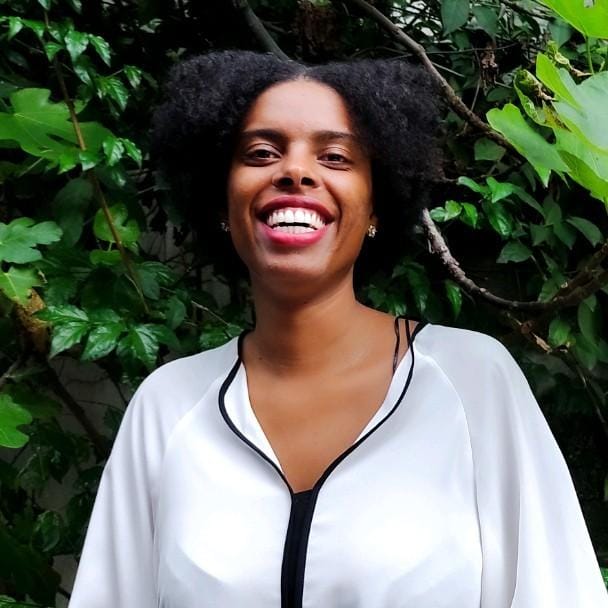The silence of the oppressor in comparison to the actions of the anti-racist
- Monique Prado

- 13 de jun. de 2021
- 3 min de leitura
Atualizado: 14 de jun. de 2021
Contemporary literature about has realized that it is not enough to talk about racism, it is necessary to talk about anti-racism. Angela Davis and Lélia Gonzalez have already left us this message through their studies.
Anti-racism gives rise to the discussion of the privileges of whiteness, which Sue Borrego called the “invisible package of benefits”. This topic that even today generates denial on the part of some whites, in fact had already been faced in the academic field in the doctoral thesis of Lia Vainer Schucman at USP, an anti-racist white Brazilian intellectual who wrote: “Entre o encardido, o branco e o branquíssimo” something like “Between the grimy, the white and the very white”.
Many whites who are going to the streets all over the world to shout that "Black lives matter" hold posters saying "the silence of whites kill", "silence equals violence", "not talking about racism is a privilege", “silence supports violence”, etc.
The posters shows us that the greatest benefit of this "invisible package of privileges" is not having to talk about racism/race, because as whiteness they are racially universal so why they it don't debate about color as it does not suffer the consequences of this system of oppression, putting it on the blacks shoulders who havethe responsibility to fight racism.
The good news is seeing whites on the streets has upgraded the discussion making anti-racist actions part of the daily lives of people who believe in the human dignity, social justice and democracy, whose greatest responsibility at this time has been precisely not to remain in the comfort of silence.
Although it started exclusively based on police violence this has gradually triggered other discussions in the structural dimension of “civilization”, since this model of Western society was instituted from the perspective of whiteness. Thus, the escalation of this anti-racist movement, now fixed on the global agenda, has forced countries to revisit their past.
In the anti-racist movement there is a dialectic between individual and collective actions. Individual anti-racist actions contribute to shake the status quo, although they are not enough to change the socio-legal system that was instituted to keep whites perpetually in the charge having the power and direction of humanity.
Here are few provocations for our readers:
When was the first time you thought about your color? Does thinking about your color cause you or has it caused you pain? How many black people do you have in your social cycle and what socioeconomic status do they find themselves in? Are there black people in the spaces you use to go (university, work and organizations)? Do you feel uncomfortable when it comes to racism? Do you often talk to your friends about issues involving race? When someone makes a racist joke about hair or skin color in your social cycle do you shut up or take a stand for them? Do you use your voice to empower people who aren't heard? Do you still understand that racism is about an individual feeling of those who feel it in the skin or you already understood that racism is a system of oppression that excludes black people from the decision-making processes of society?
Also, r eading black authors and authors, researching who is already talking about the topic, using their platform, not being silent for oppression are practical ways to contribute to the anti-racist struggle.
Anti-racism is about pairing the lens of those who live directly under oppression and those who are fed up with a civilization that has nothing but hate to offer. It is above all about a society that has matured and asks as pillars for the construction of a new social model: love, respect and complacency to human dignity, as those who operate in the anti-racist logic understood that the overlapping of lives and indifference are capable of killing.
Life is so short that you close your eyes to collective experiences. Open the window of the soul and listen with your heart, because in today's scenario, contributing to the preservation and maintenance of life is characterized by anti-racism. The world we are building does not operate out of hatred and oppression, but out of collectivity.






Comentários